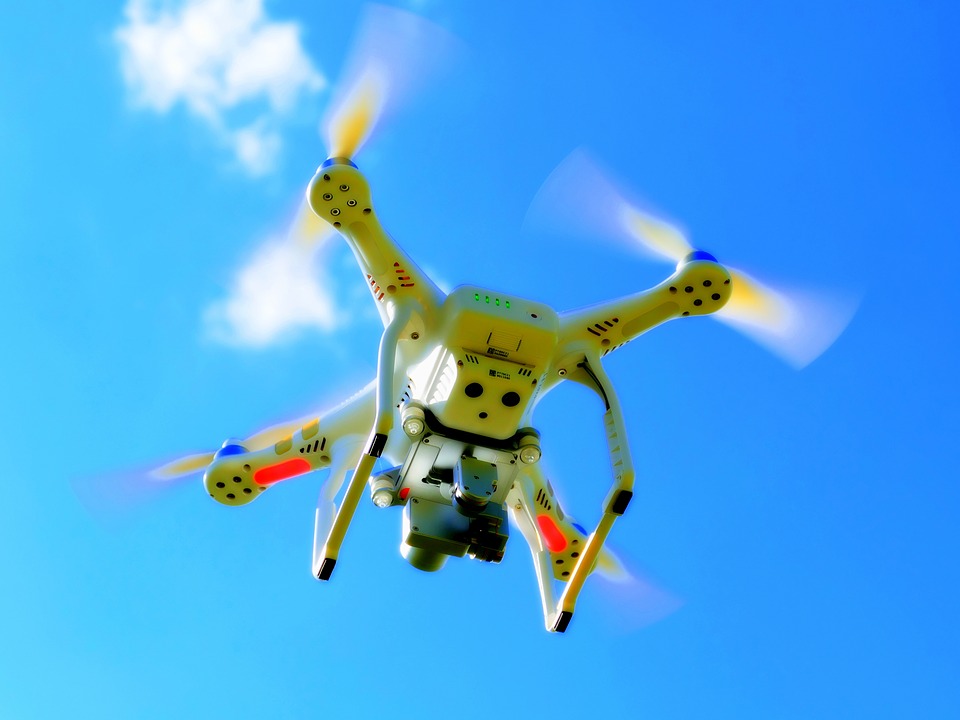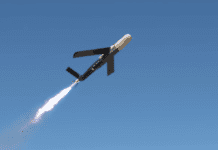This post is also available in:
 עברית (Hebrew)
עברית (Hebrew)
India will upgrade its airports and airstrips in view of the constant threat from terror groups. The security of 43 unused airports and 355 airstrips in the India will be enhanced with the Home Ministry planning to review their vulnerability. The move comes after security agencies carried out a nation-wide security audit of unused airports and airstrips considering the possibility of terrorists using remote airports to carry out terror attacks.
Of the 355 airstrips, around 100 belong to the Indian Air Force while around 60 are private. The rest are owned by either central or state governments, paramilitary forces, army or navy.
Home ministry officials said the security threat arises from the unregulated operation of microlight aircraft, powered hang-gliders, hot air balloons, paragliders and Unmanned Aerial Vehicles or drones. The central government has been sensitising state governments regularly that such flying objects must not intrude into the air space beyond the authorised licenced area of operation and that such unregulated adventure flying needs proper monitoring.
The home ministry is also stressing that authorised users should not be allowed to carry any weapon or photography/video recording equipment while operating the microlight aircraft, hang gliders or hot air balloons.
However, another official said, in the absence of a formal policy for low flying objects, buying and selling and flying drones is largely going without monitoring.
According to timesofoman.com, the Civil Aviation Ministry is expected to come out with a drone or UAV policy soon to regulate their flight.
In December 2015, Union Home Secretary Rajiv Mehrishi had said the government is preparing to deal with threats from “rogue elements” who could carry out terror attacks using low flying objects.
Mehrishi had said there was a need to regulate UAVs to prevent their misuse in sensitive areas like airports. But, he said, the government is looking at dual aspects of enabling features like licensing it for its use on the borders as well as in guarding vital installations inside the country and disaster relief works.
The policy should have preventive features to ensure that there is no misuse by terrorist groups or other anti-national elements, he had said. Currently, there are 98 functional airports in the country of which 59 are under security cover of the Central Industrial Security Force (CISF).


























